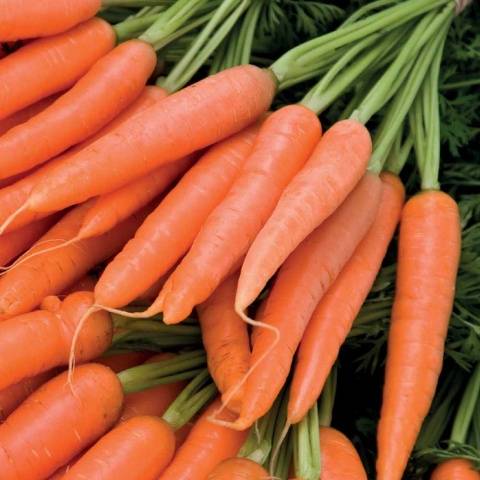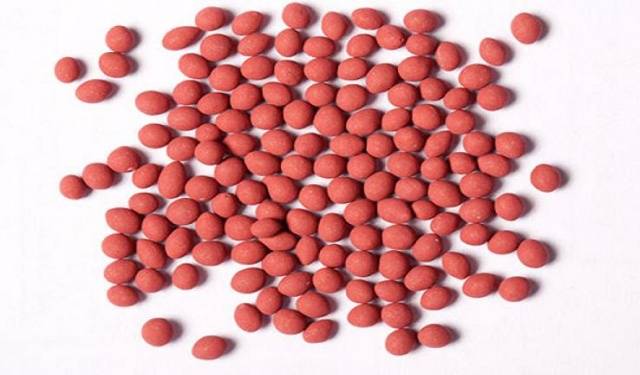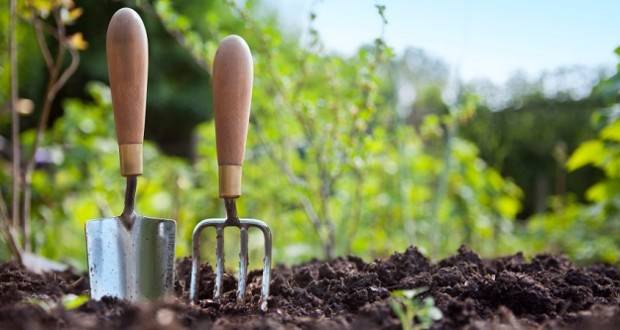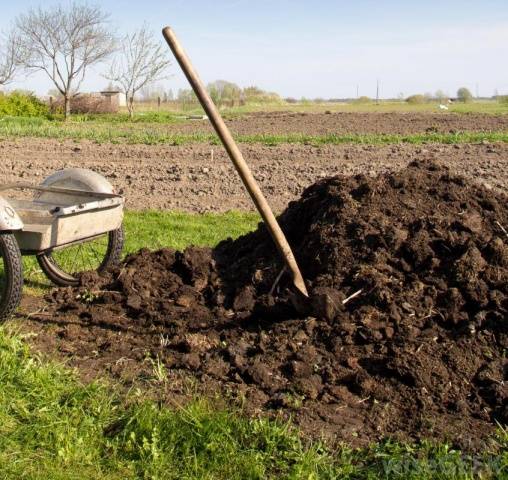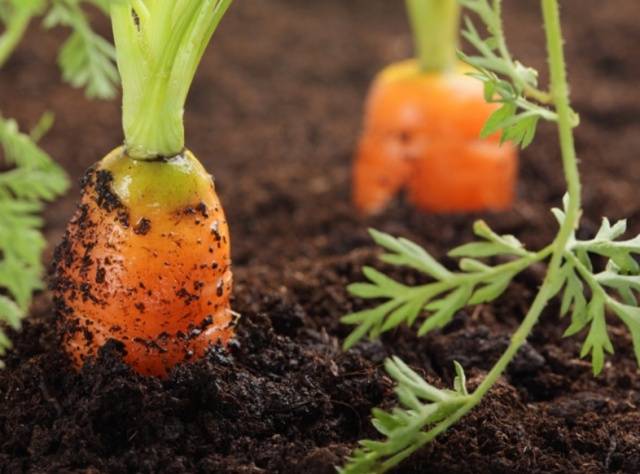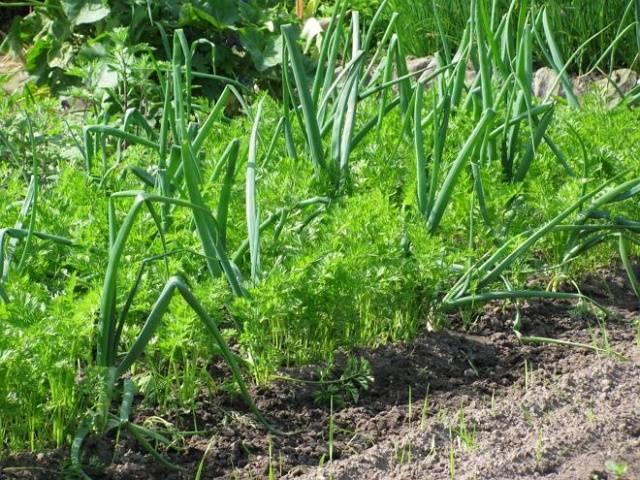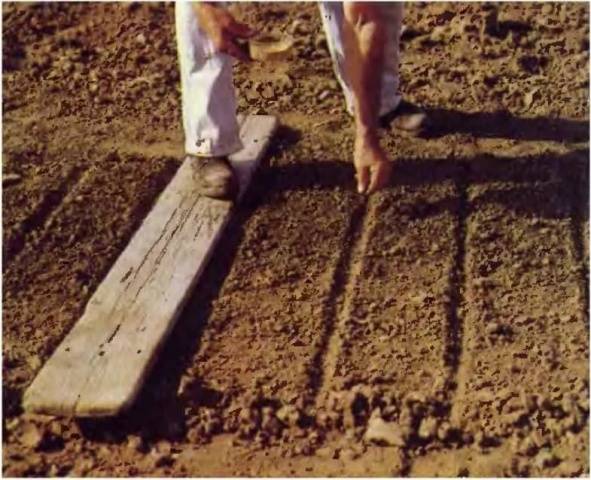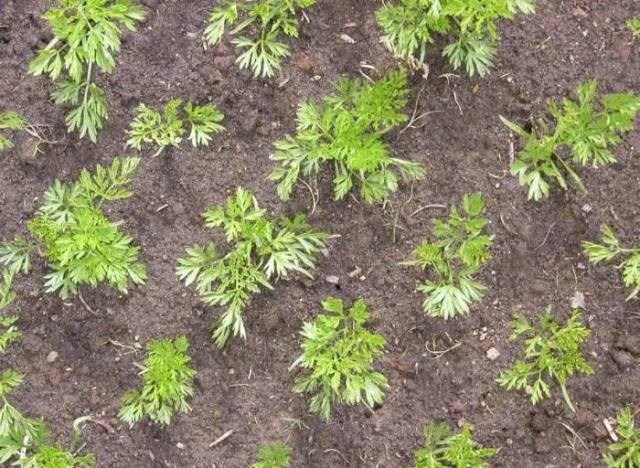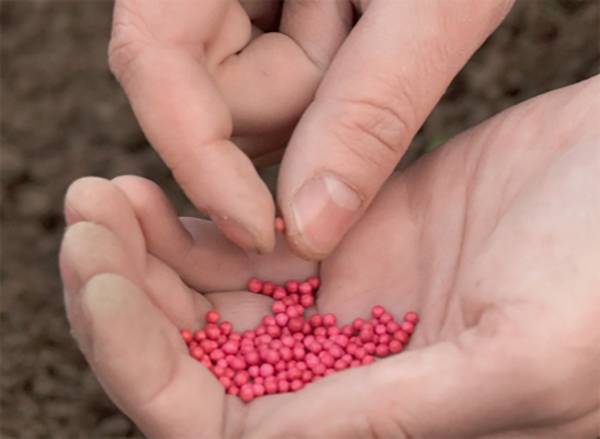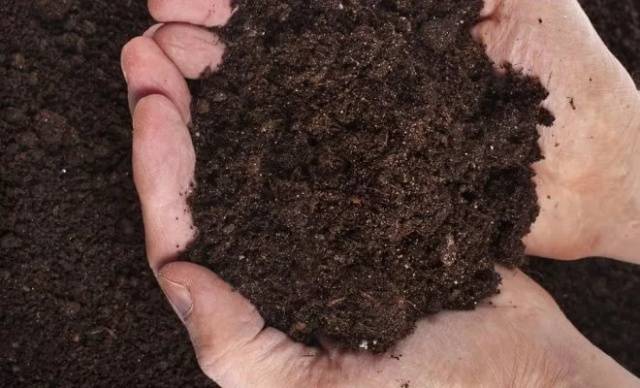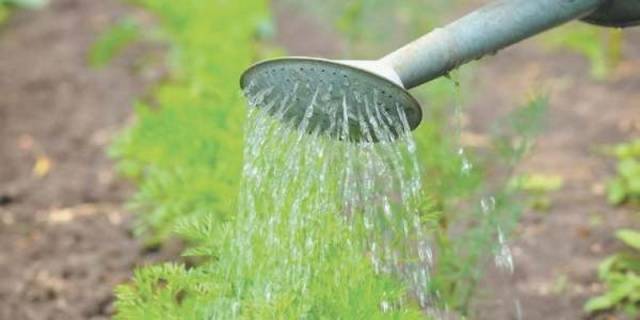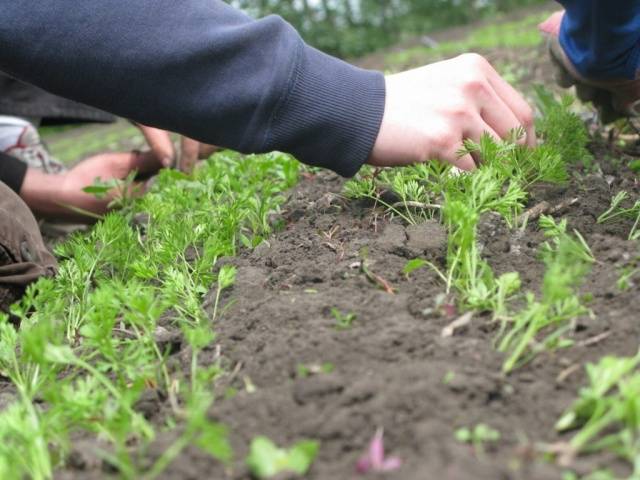Carrots are among those vegetables that are present in the diet every day. It is necessary for the preparation of soups and main courses, and most preparations for the winter cannot do without it. The root vegetable is also useful in fresh form. It is especially pleasant to crunch with fresh carrots plucked from your area. Therefore, the root crop is necessarily grown in every vegetable garden.
The vegetable is easy to grow. However, it often happens that someone's carrot grows large and tasty, while someone cannot boast of a harvest. Knowing the characteristics of the plant, agronomic nuances and the use of modern methods of sowing seeds, such as the use of seeds in granules, can significantly increase your yield.
A feature of the culture is that it has very small seeds that are difficult to plant. The methods used by many generations of gardeners earlier led to such additional work as mandatory thinning, sometimes repeated. Therefore, to reduce labor costs during planting, seeds in granules were invented. Seeds in granules save the time of the gardener, the cost of seed material, greatly facilitate sowing, since they have a large granule size and bright color. So, you definitely can't go wrong and sow the seeds twice.
Landing dates
Carrots - tolerates a slight cold snap. Its seeds in granules can be sown at the end of April in open ground, if the weather is warm enough. However, if some disasters occur in nature - a sharp drop in temperature, snowfall in April, then the sowing dates, of course, are shifted to May.
Then you can sow carrots in granules. The indicated landing dates are suitable for the Urals and central Russia.
Soil preparation
The culture prefers light sandy and loamy soils. Clay soils, which retain moisture, are not suitable for growing root crops and can cause rotting.
The beds for carrots in granules should be marked in that part of the garden where the vegetable will receive the maximum amount of solar heat and light; in shaded areas, the root crop grows worse.
It is better to prepare the soil for a vegetable in the fall: dig up, remove weeds and plant debris, in which various pests and bacterial spores usually hibernate. It is better to apply fresh manure to the soil in the fall. During the winter, useful substances pass into a form that is convenient for assimilation by plants. Fertilizer must be applied if you want to get a good harvest, since sandy loam and loamy soils, which carrots like so much, are poor in humus.
You can make such a combination of fertilizers per 1 sq. m of soil: superphosphate (30 g), ammonium nitrate (15 g), potassium chloride (10 g).
Since it contains weed seeds, attracts pests and contains a large amount of nitrogen, which is harmful to the plant. Moreover, carrots, like any other root vegetable, tend to accumulate nitrates in fruits.
Observe the crop rotation in your area. With a competent crop rotation, the soil is prepared by previous crops for subsequent crops, the risk of damage by pests and diseases is reduced. The fertility of the soil increases, which is fully utilized by the plants. The same plants, planted from year to year, drain the soil.
To improve the quality of the soil, it is recommended to use green manure (mustard, rye, wheat, clover, etc.) in the crop rotation.
Carrots grow best after:
- Cabbage;
- Ogurtsov;
- Zucchini, squash, pumpkin;
- Lettuce, spinach;
- Radish;
- Early potatoes;
- Spices;
- Sideratov.
The worst predecessor is: beetroot. A vegetable grows well after tomatoes, onions, garlic, carrots, peas, beans, peppers, eggplant.
The carrot fly can cause significant damage to the crop. In the spring, she lays eggs in the soil next to the plants, the hatched larvae gnaw through the tunnels in the roots. As a result, the vegetable loses its taste and presentation and is poorly stored.
In the spring, the beds must be dug up again, large clods of earth must be crushed, the soil surface must be leveled. Ash and compost (rotted manure) can be added.
How to plant
Those gardeners who have tried to plant carrots in granules at least once, switch to this method of planting carrot seeds in the future. You can accurately follow the required landing pattern.
In the prepared soil, grooves are made, 2-3 cm deep. They are well moistened, then the seeds are placed in granules according to the scheme. Further, the seeds are sprinkled with soil and slightly compacted. And watered again.
After sowing, the soil surface is mulched, covering it with peat or humus. This helps to retain the moisture necessary for germination.
Carrot seeds sprout for a long time, about 2 weeks. The germination period may increase slightly if the weather is cold.
How to plant carrots in granules, see the video:
Carrot seeds in granules can be planted before winter. It is even preferable to do this with such seeds. Usually, gardeners are afraid and do not risk the usual planting material, assuming that it will freeze out or rise prematurely.
If you have carrot seeds in granules, then there is no need to fear for them, but a fresh root crop will appear on your table much earlier in the next season. One has only to comply with some time requirements.
The soil for winter sowing of carrots in granules can be prepared in October, dug up and filled with fertilizers. Choose a plot that is level, without a slope, so that the melted spring waters do not wash the seeds out of the soil.
In the first half of November, when the soil freezes slightly, the seeds are sown. No watering required.
Sown carrots in granules are mulched with peat, humus or compost.
There is an opinion that carrots, the seeds of which were planted before winter, are poorly stored and that they must be eaten for the season or frozen.
Care
Regular care:
- After seed germination, watering should occur often enough, 2 times a week, with warm water from a watering can. Water consumption is up to 5 liters per 1 sq. m landings. Older plants require less moisture. During the period of root crop formation, watering can be reduced to 1 time per week, but at the same time the water consumption can be increased (10 liters of water per 1 sq. M of plantings). Abundant watering is the key to getting large juicy carrots. With a lack of watering, the fruits are bitter and tough. Organize watering based on weather conditions. Before harvesting, 2 weeks before, it is recommended to stop watering;
- Loosening promotes the penetration of oxygen to the underground part of the plant, which is especially important at the stage of formation and growth of root crops. If there is a crust on the surface, they are bent and have a non-marketable appearance;
- Weeding at sowing carrot seeds in granules it becomes much lighter. Weed removal is required regularly, they have a very bad effect on plantings. What's more, a preventative measure will keep your carrot beds safe from carrot flies;
- Top dressing is carried out 2 times per season. Use nitrophosphate. The first feeding should take place no earlier than a month after germination. The second after another 2 months. Other universal fertilizers can also be used.
Crop plants require regular maintenance. The gardener's labor will be paid for with a rich harvest.
Conclusion
Carrot seeds in granules greatly simplify the work of the gardener, they are bright, they are clearly visible when planting. Subject to the planting conditions, the plants will easily sprout. In this case, you will be deprived of the additional work of thinning. Observing the agrotechnology of growing carrots in granules, you will get a decent harvest.
